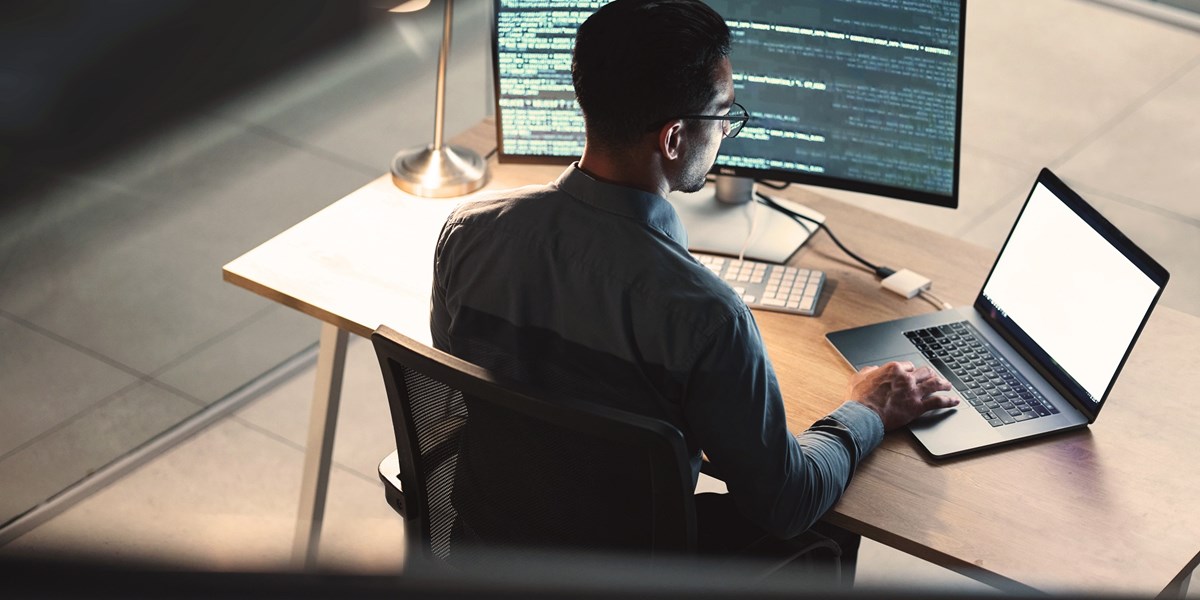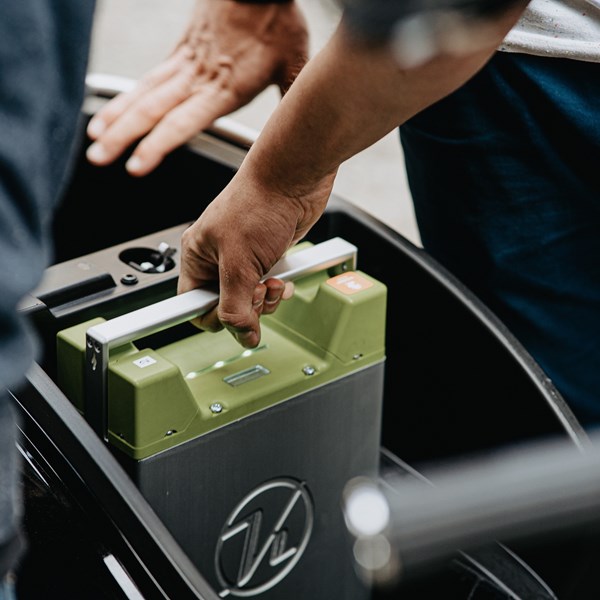In March, Potter Clarkson represented the claimant at one of the first interim conferences to take place before the UPC. The Potter Clarkson team were: Mark Didmon, Oliver Laing, Nick McDonald, Georgia Carr and Helen Bartlett.
Discover five key takeaways in this article by Oliver Laing and Georgia Carr.
- The conference was well structured, organised and clear, with the judge-rapporteur being very much in control of proceedings. Clear directions were provided by the judge-rapporteur to the parties beforehand as to what issues will be discussed at the hearing, so there were few surprises on the day, although the judge-rapporteur did make some preliminary observations and queries in relation to the substantive case, with the aim of providing clarity going forwards towards the oral hearing.
- Whilst the judge-rapporteur invited comments from the parties on the various issues (including admissibility of expert evidence and claim valuation), it was clear that the intention of the interim conference was not for the parties to provide long oral submissions (the interim conference only being scheduled for 2 hours, covering two related actions). The judge-rapporteur also put a clear marker down that the Court will not want to hear repetition of any written submissions at the oral hearing, this drive for efficiency being in line with the stated objectives of the UPC.
- From a practical perspective, the virtual conference was held via Webex by Cisco (the Court’s selected platform), which may be unfamiliar to many parties and firms who use Teams or Zoom at their organisations. To avoid any technical issues on the day, it is recommended to take up the UPC’s offer of arranging a test call in advance of the hearing.
- Despite being a virtual hearing, the interim conference was heard in public, with members of the public being able to watch the proceedings via a live link in the Unified Patent Court building in Munich. Note that, unlike in UK and EPO proceedings, all attendees on behalf of the parties are announced and asked to identify themselves at the start of the hearing, but members of the public (who may well include third parties interested in the subject matter of the proceedings) remain anonymous.
- Perhaps the most interesting aspect of the hearing was the Court’s role in actively encouraging, and offering to assist with, resolution of disputes (as was pre-empted by the Rules of Procedure and in the orders inviting the parties to the interim conference). In contrast to UK and EPO proceedings, the judge-rapporteur invited the parties to discuss the possibility of settling the dispute during the interim conference, even indicating that the doors to the court could be effectively closed, so to enable the parties to discuss settlement openly without members of the public present. However, where parties are already in commercial discussions, which are subject to terms of confidentiality, it may be that little can be said in response to the judge-rapporteur’s invitation.






